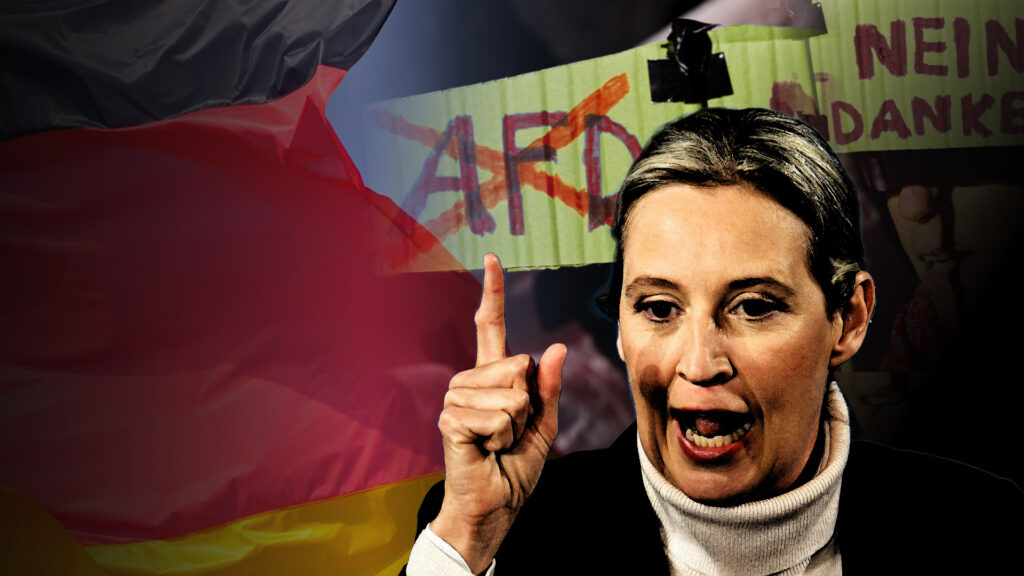
People & Power investigates the reasons behind the rise of the far right in Germany.
For the first time since the 1930s, the far right is on the verge of a national electoral breakthrough in Germany. February’s snap parliamentary election is looming, with the opinion polls putting the Alternative for Germany (AfD) party second with about 18-20 percent.
The AfD is anti-immigration, anti-European Union, often pro-Putin and is being monitored by German intelligence agencies. Could dissatisfaction with mainstream politics and economic stagnation thrust a German far-right party into real power for the first time since World War II? Most parties rule out power-sharing with the AfD. More than 100 MPs support a move to ban the AfD for “extremism”. But how long will the party be ostracised if it continues to surge in nationwide popularity?
People & Power travels across Germany, visiting the AfD party convention, its heartlands in the east, and talks to refugee communities who are feeling increasingly vulnerable to a new wave of anti-immigrant sentiment.











More Stories
Japan, Philippines to boost military ties amid ‘severe’ environment
Israeli fighter jets fly over Nasrallah funeral
Conflicts trigger globe’s highest rate of internet shutdowns in 2024: NGO